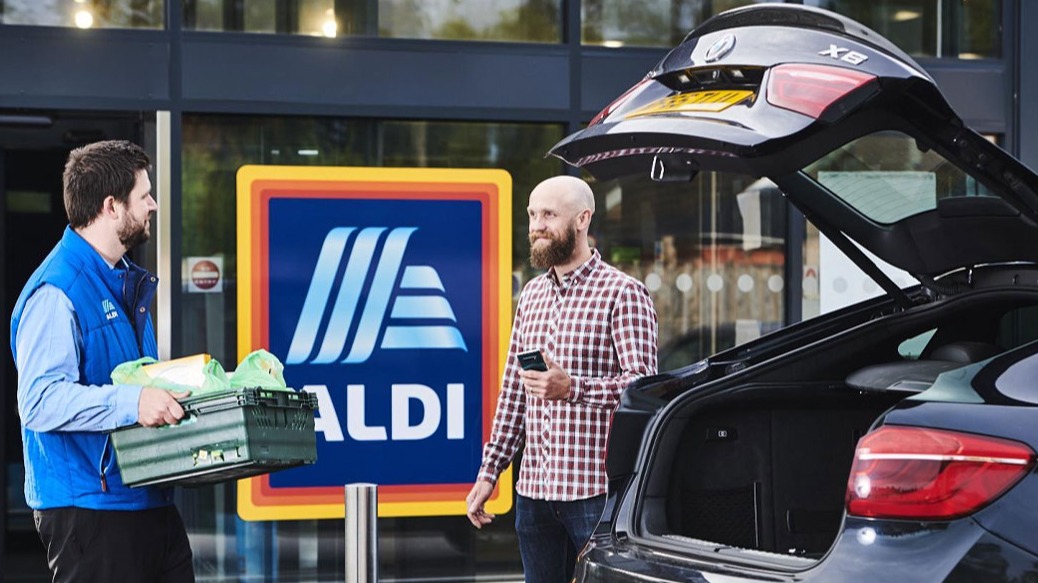Lidl GB is addressing wage disparities amongst banana plantation workers through an analysis tool which the discount supermarket claims is an industry first.
The tool has been developed in partnership with IDH, a not-for-profit organisation, and calculates the premium to be paid by Lidl to close its proportion of the living wage gap for individual workers.
Using the tool, suppliers can develop an action plan to close wage gaps and use supply chain data to conduct regular analysis and annual adjustments.
Suppliers are trained on the tool and once supply chain data has been validated, can choose their preferred method of payment to workers, such as increased salaries, bonuses, or vouchers for local services like supermarkets.
The initiative was successfully trialled in Germany and comes a year after Lidl GB committed to closing the wage gap across its banana supply chain, which Lidl said it will meet ahead of its 2027 target.
Lidl added that it will share its learnings with producers and suppliers, whilst also providing other supermarkets with access to the tool so they can adopt similar practices to standardise the mechanism.
“Through the introduction of this innovative tool, we are not only fulfilling our obligations as a responsible retailer but also setting new and ambitious standards across the industry,” said Richard Bourns, chief commercial officer at Lidl GB. “It sets a precedent for ethical sourcing, but most importantly, helps ensure fair wages for workers on banana plantations.”
Latest News
-
Ikea pilots in‑store Decathlon as first UK third‑party ‘blue box’ scheme
-
Violence against retail workers remains at second highest level on record, finds BRC
-
Dunelm launches app to improve shopping experience
-
Lululemon to open 100th EMEA store in Poland
-
Retail sales log strongest monthly rise since May 2024 as January volumes jump 1.8%
-
Clarins launches AI-powered makeup matching tool
Beyond Channels: Redefining retail with Unified Commerce
This Retail Systems fireside chat with Nikki Baird, Vice President, Strategy & Product at Aptos will explore how unified commerce strategies enable retailers to tear down these barriers and unlock new levels of operational agility and customer satisfaction.
The future of self-checkout: Building a system that works for consumers and retailers
In this webinar, industry leaders discussed what the future of self-checkout looks like and how retailers can make the technology work for everyone.
© 2024 Perspective Publishing Privacy & Cookies




.jpg)





Recent Stories